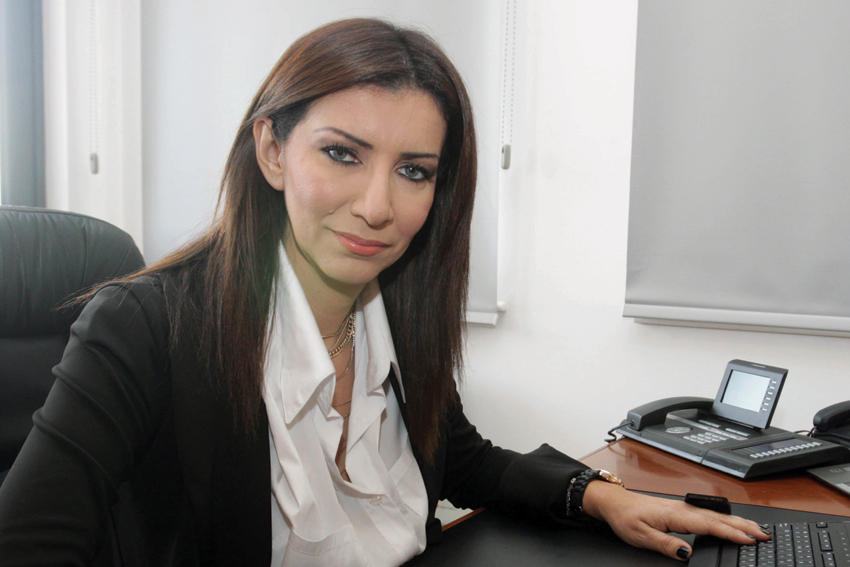Cyprus was hit harder than most by the global economic downturn but green shoots are emerging and the country’s prospects are beginning to brighten

There is little doubt that Cypriots were amongst those facing the most acute problems following the financial crisis. However the country’s economy is now in full recovery mode as a combination of public sector reform and a reduction in expenditure have propelled the European nation to gaining a more stable financial footing.
“It is true that the public sector has done what needed to be done; we have made many necessary and painful sacrifices as a country to bring the economy back on track,” says Irena Georgiadou, Chairwoman of Hellenic Bank.
Government reforms have been considerably supported by a resilient private sector that is helping to drive growth across numerous sectors of the country’s economy and encourage more foreign direct investment.
“Both the government and the private sector have been very active in bringing productivity back to the private sector,” Ms Georgiadou adds, who believes that the government’s careful austerity measures have helped bring the first signs of growth. She is also clear however, that the country is committed to building a new economic model that is more competitive, with better regulations and less bureaucracy.
At the heart of Cyprus’ recovery is the banking sector, which was hit hard by the economic crisis. More recently, it has undergone painful but essential reform that is helping to ensure corporate governance has become a central tenet for the sector.
Hellenic Bank in particular has helped to drive this improvement in standards and Ms Georgiadou says that being supervised directly by the ECB is helping Cypriot banks integrate in accordance to Euro’s mainstream elite.
“This means we basically have the same rules and regulations as the 130 systemic banks of Europe. This also helps us in changing our working practices into world-class practices,” she says.
Hellenic Bank survived the economic crash relatively intact, and is now back in profit and enjoying growth. The Bank did not receive any bail out – an unusual position for a Cypriot financial institution to be in and one that has engendered considerable confidence in the Bank. Since then, it has invested in talent and created a strategic plan targeting organic and inorganic growth, while also improving its technological set-up.
Challenges remain, not least ensuring that Cyprus’ fledgling businesses can gain access to credit, something that has been criticised over recent months, but Hellenic Bank is well-placed to make the most of the recovery. It attracted the first foreign direct investment after the crisis and was fully capitalised with fresh capital – most of it coming from abroad. Its two main shareholders are US-based Third Point and Cyprus-based Wargaming, who collectively own more than 50%.
Such confidence is helping to rebuild the Cypriot economy, but it is also clear that opportunities are now emerging for both local and foreign investors. Hellenic Bank has launched a dedicated division to assist with bank-related queries – just one example of the way Cyprus is looking to build on its recovery and ensure a more stable and prosperous future.
“We have a banking sector that can be a very reliable partner to the international investment community,” adds Ms Georgiadou. “The banking system is back on track, despite the problems that it has faced. We have really tried to preserve our reputation and international branding as a country, particularly by not disrupting the favourable tax system. We want continuity in building confidence for investors in Cyprus, as an island and as a brand.”
0 COMMENTS